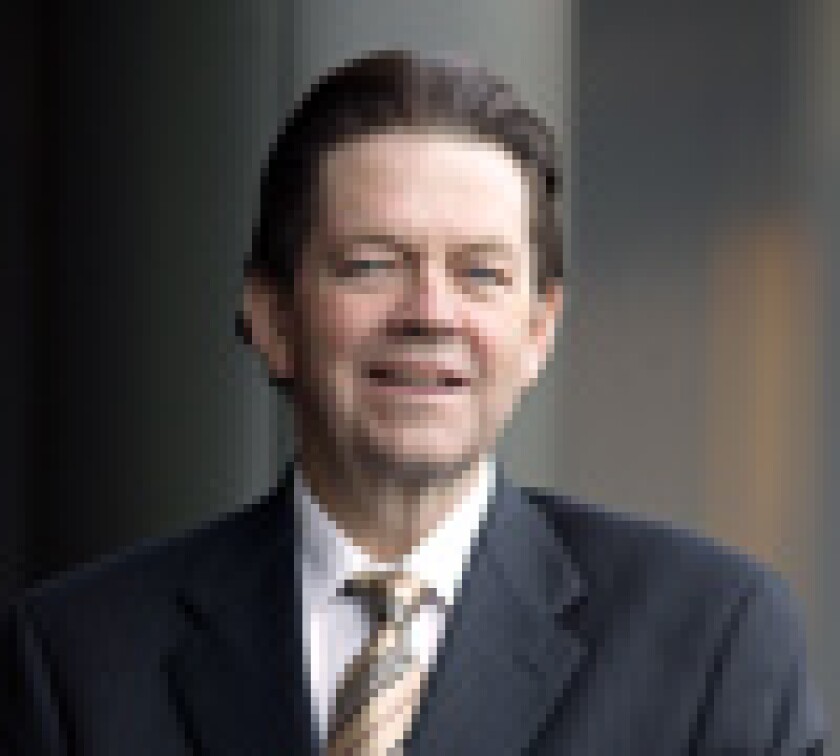International Tax Review: You have previously worked in government, including as an economic policy adviser to President Reagan. If you were to return to government, what changes would you make to US tax policy?
AL: I would have a flat tax. I would get rid of all federal taxes, and have only two taxes. One on business value added and one on personal unadjusted gross income. Both at the exact same rate. The problem with different rates is it allows people to arbitrage. They try to go into the lower income tax category out of the higher income tax category, and it also requires people to do tax returns. What you really want to do is get it so that people really don’t have to file tax returns. So, if a company owes me $100, and the tax rate is 12% percent, then they send $88 and they send in $12 to the revenue authority, and I don’t even have to tell the government, it’s already been done. As I said, there are some small transactions, like mowing your neighbour’s lawn, where if you make $10, you do have to send in a $1.20, but that is minor. I think that today – and I am probably going to get it wrong, but not by much – 94% of all federal taxes are collected by businesses. Now they aren’t paid by businesses. See businesses collect the income tax withholding and then send it, so what you have is a system where businesses are very good at collecting money, and they should be the collectors of taxes too. You do not want to make a tax code where people are either ignorant of what they have paid or find that they can move money around and take advantage.
ITR: What is your view on the OECD-led base erosion and profit shifting (BEPS) project?
AL: I think it is wonderful, yes! I love private businesses trying to keep the government from getting their hands on your money. We have a whole group of people in the US we call illegal aliens. They sneak over the border late at night with their families and then they work on the cheap and they don’t report it. These people are the salt of the earth, they are wonderful. High quality labour, at low-cost and they cheat on their taxes. It doesn’t get any better. I don’t want to make them legal, I don’t want an amnesty programme, I want them to stay this way. I don’t want an amnesty, so they all get welfare. Is that a good idea? Turn every hard working person into a welfare recipient.
ITR: Governments around the world are turning to indirect taxes because of their reluctance to increase direct tax rates. Is this a trend that you would like to see continue, and, if so, why?
AL: There is an issue of total taxation. I do not want to see total taxes increase. I really think that total taxes should be reduced. But as for the composition of taxes, between direct and indirect, there is a good argument in certain instances where indirect taxes make a lot more sense than direct ones. For example, in the US there are some states that have sales taxes and no income states. Those states tend to do a lot better than states that have a lot of direct taxes and very few indirect taxes. So, for states it seems to make a lot more sense to hold total taxes the same, but use sales taxes as opposed to income taxes, but I am not sure that is true of every country, and it surely doesn’t have to be true.
Now the tax I described to you today was half indirect and half direct. I made it 50/50; you can make it 90/10 or 10/90, but you want to be very careful how you apply that composition.
The problem with the system is that it has become so arcane and so complicated that you cannot grasp it. You can grasp principles, but then you face this huge morass. In my book on California, called ‘Eureka! How to fix California’, I stopped at 1,100 taxes. How can you figure out how each one of those works in the aggregate and figure out how all of those work together? I stopped at 330 commissions. We have independent commissions that are funded for eternity in California. These are five or 10 person commissions with separate budgets and all this stuff. The wine tasting commission of Napa Sonoma for red wines on odd years. You know, you get this huge deficit because people are spending other people’s money and when they spend other people’s money they aren't careful, then they become crooks. The last time I was here [in the UK] you had a little scandal on expense accounts, but of course that is going to happen, MPs [members of parliament] like money too, and they have all these ways of getting money, which are illegal and they are tempted. Don’t tempt them, take their power away.










